While secularism has been integral to India's democracy for more than fifty years, its uses and limits are being debated anew. Signs of a crisis in the relations between state, society, and religion include the violence against Muslims in Gujarat and the precarious situation of India's minorities more generally; personal laws that vary by religious community; the affiliation of political parties with fundamentalist religious organizations; and the rallying of sections of the diasporic Hindu community behind nationalist Hinduism. A crisis of secularism undoubtedly exists, but whether the state can resolve conflicts and ease tensions or is itself part of the problem are matters of vigorous debate. In this continuingly relevant book, twenty leading Indian intellectuals assess the contradictory ideals, policies, and practices of secularism in India. Scholars of history, anthropology, religion, politics, law, philosophy, and media studies here consider the history of secularism in India; the relationship between secularism and democracy; and shortcomings in the categories "majority" and "minority." They examine how debates about secularism play out in schools, the media, and the popular cinema. And they address two of the most politically charged sites of crisis: personal law and the right to practice and encourage religious conversion. Together the essays inject insightful analysis into the fraught controversy about the shortcomings and uncertain future of secularism in the world today.
The Crisis of Secularism in India
In stock
Free & Quick Delivery Worldwide
reviews
Bibliographic information
Title
The Crisis of Secularism in India
Author
Edition
1st ed.
Publisher
Permanent Black, 2007
ISBN
9788178241944
Length
xii+411p., Notes; Index; 23cm.
Subjects

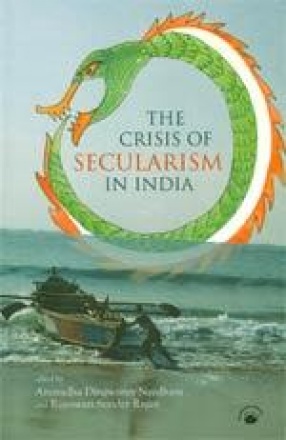
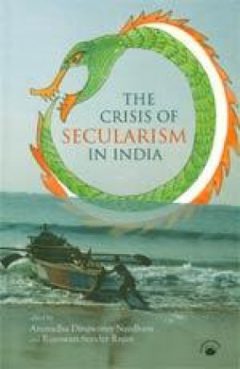
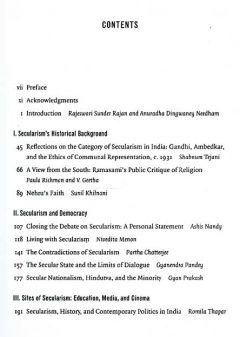
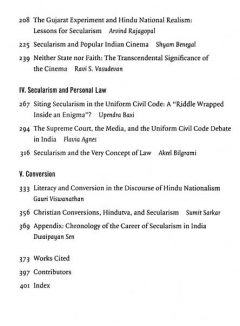

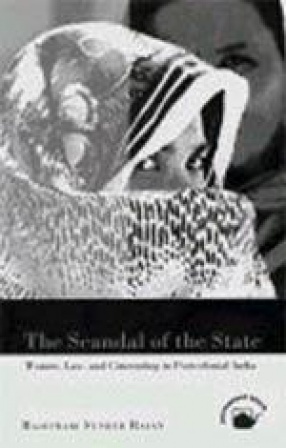
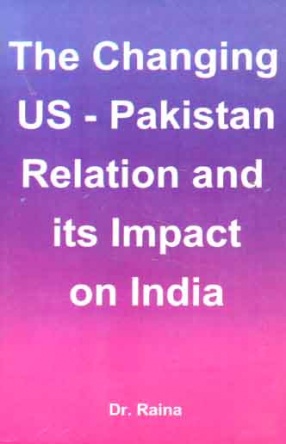
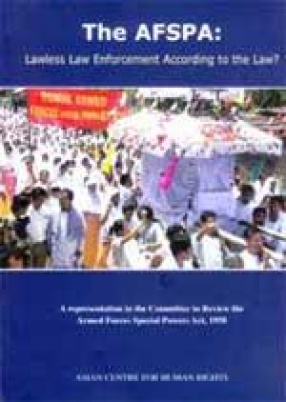

There are no reviews yet.